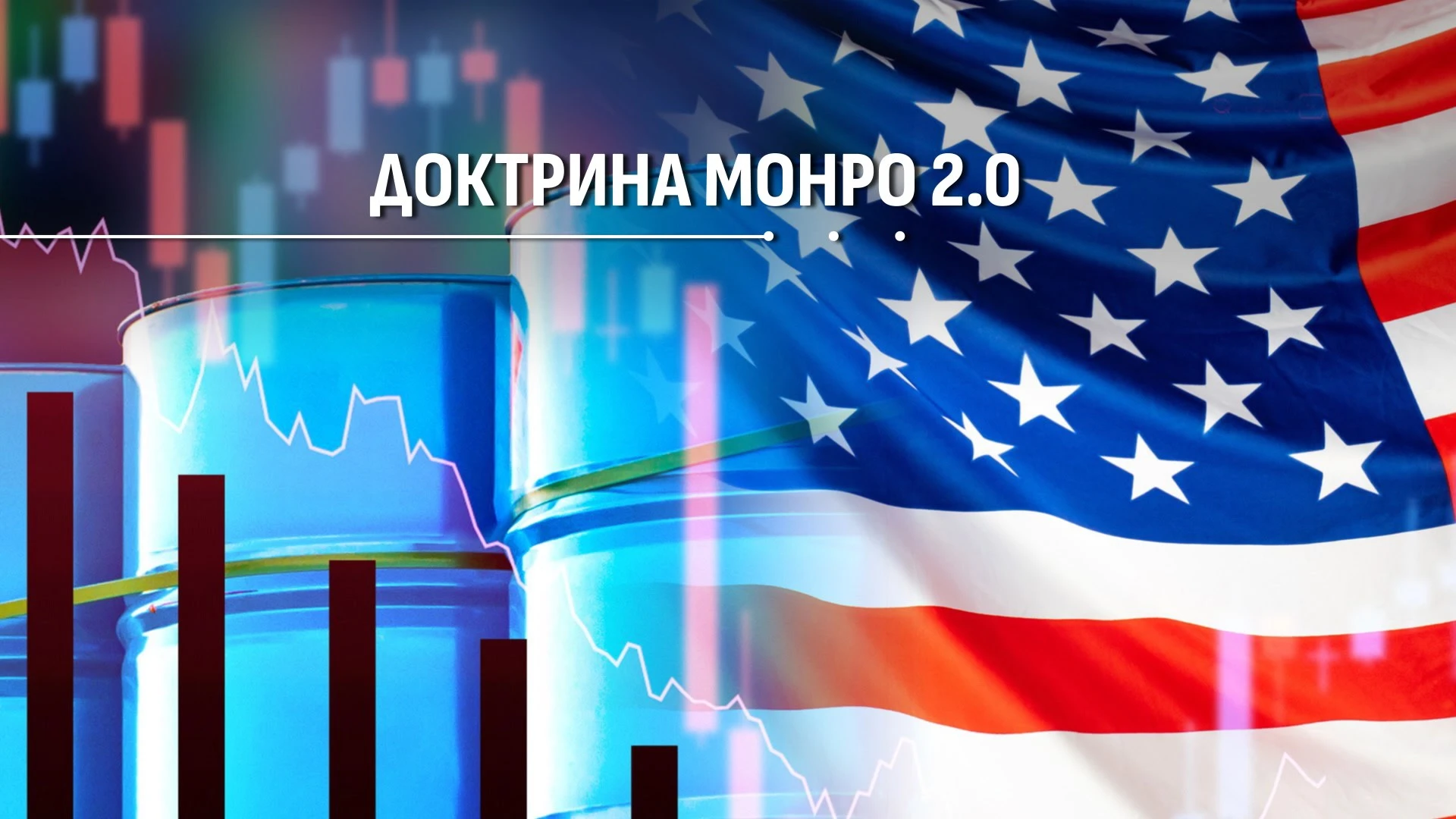3.68 BYN
3.04 BYN
3.55 BYN
Combating Drug Trafficking or Another U.S. Attempt to Subjugate Venezuela

Washington has sent at least 8 military vessels with several thousand soldiers on board to the shores of Venezuela, the Financial Times writes. The American group also includes nuclear submarine carrying Tomahawk cruise missiles.
Venezuela has assessed this measure as an attempt at intimidation. The President of the Bolivarian Republic said that Washington's actions violate the Treaty of Tlatelolco, which it signed by them, prohibiting the movement, use and production of nuclear weapons throughout Latin America and the Caribbean.
What is the reason for such an active interest of the United States in Venezuela? The answer can be summed up in one word – oil. And by making this valuable resource under its control, Washington will gain new levers of influence to achieve its foreign policy goals. Let's take everything in order.
The starting point when it became clear that relations between the United States and Venezuela would not be the same was 1976. Then the nationalization of the oil industry was carried out. Until that moment, the extraction and processing of black gold was completely in the hands of foreign companies - British Shell, BP, French Total, but the American ones - Gulf, Standard Oil, ExxonMobil and Conoco Philips – dominated there. They controlled 98 percent of the oil market in Venezuela, which has the largest proven reserves of this energy resource in the world. In the period from 1917 to 1975, the total income of foreign oil corporations exceeded 200 billion dollars, while the state received only about 45. It is clear that nationalization was not to the taste of the economic colonialists. They resisted, but in the end they were forced to retreat.
Washington has repeatedly attempted to reclaim Venezuela. Trump's current pressure on the country is not a new position, but a policy that has been going on since his first presidential term. Then former White House National Security Advisor John Bolton openly stated that the United States relies on the Monroe Doctrine. It is worth saying now - Monroe 2.0. It defines South America as an area of interest exclusively for the United States. They can set any goals in the region and achieve them in any way they want.
For the sake of form, only a pretext is needed, the reason can be the most banal, the main thing is that it hides the true motives as best as possible. It does not even need to be armed with evidence, only the army.. Washington justified its actions against Venezuela by the fight against drug trafficking.
Nicolas Maduro, President of Venezuela:
"Cocaine gets to the United States. Who buys it there? And where is the money from the purchases and resale? In which banks? Let them wage the war they want at home, in the United States, against their own mafia, which controls the entire drug business. It is the U.S. mafia that controls this. And everyone there knows this very well. They changed the narrative: those whom they wanted to destroy during the Soviet Union were accused of communism. Now they are not even accused of terrorism, but there were wars against terrorism - in Iraq, Afghanistan, and Libya. Now a new, crude, absurd accusation has appeared - drug trafficking. So I say: Venezuela is a clean and drug-free territory."
Combatting drug trafficking has nothing in common with the actions of the United States against Venezuela to the same extent that it had nothing in common with the introduction of American tariffs against Canada and Mexico. Then Washington, under the guise of fighting fentanyl, also sought to achieve its economic goals. The EU countries or international institutions turned a blind eye to the escalation initiated by the U.S. After all, Washington's activities cannot be justified by real and objective necessity except for personal ambitions.
Alina Zhestovskaya, political strategist, member of the Russian Association of Political Consultants:
"What is surprising is that the UN in its 2025 report did not establish any coca plantations in Venezuela, did not establish a huge number of laboratories for production and, moreover, recorded that 70% of drug trafficking within the country is seized by law enforcement agencies. But for some reason, it is to the shores of Venezuela that the United States is sending their destroyers, although this looks more like a PR campaign, a demonstration of force, and a demonstration not even to Venezuela, but to the entire world, the media community, consumers of media content."
So, what is driving Washington? The U.S. is taking revenge, wanting to get the Venezuelan oil market back into their hands. To this should be added Trump's current plans: the fight against China. It is one of the main buyers of Venezuelan black gold. China invests billions of dollars in this industry. Venezuela is involved in the "One Belt - One Road" initiative. The U.S. intends to prevent all of this. But regional dominance should not be forgotten either. Thanks to a special program, Venezuela provides almost 20 countries in the Caribbean region with preferential oil supplies. By stopping them, Washington will gain a powerful lever of influence.
As they say, the States remembered an old new victim. But Venezuela was not broken under Hugo Chavez, and will not break it, we believe, under Maduro. Today, by the way, our ambassador presented his credentials to the President of Venezuela. During the ceremony, Maduro noted the friendly nature of bilateral relations between our countries, emphasized the significant role of Alexander Lukashenko in strengthening interstate dialogue and confirmed his intention to visit Belarus.















